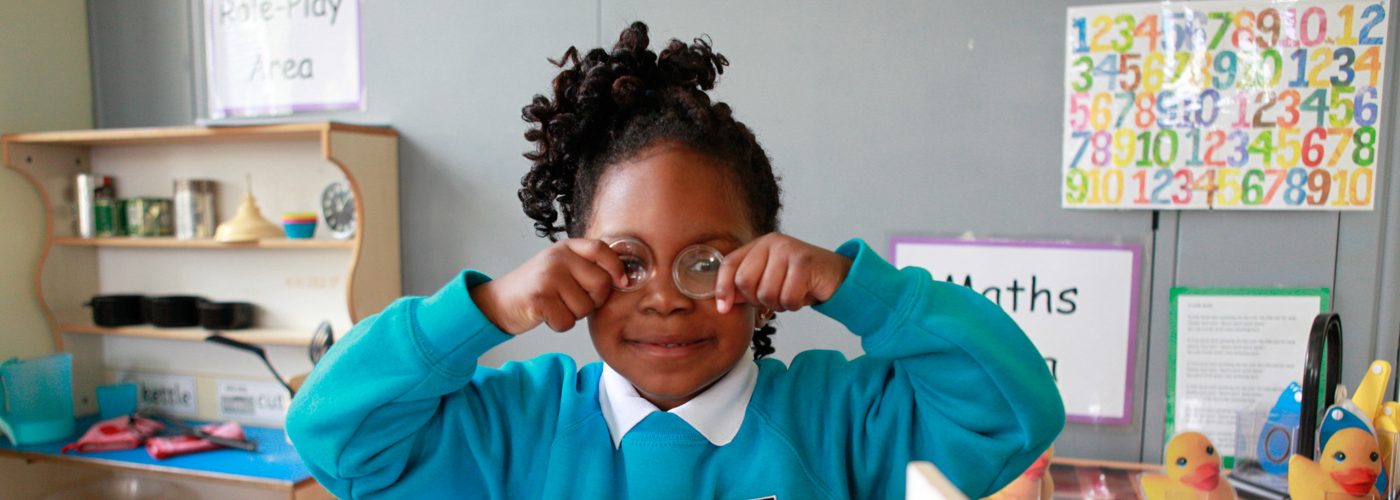
Special Educational Needs and Disabilities
At the heart of the work of every primary school class is a continuous cycle of planning, quality first teaching and assessment which takes account of the wide range of abilities, aptitudes and interests of the children.
The majority of children will learn and progress within these arrangements. Those children whose overall attainments and achievement in specific subjects fall significantly outside the expected range may have Special Educational Needs & Disabilities (SEND).
At Mossbourne Parkside Academy, we provide a broad and balanced curriculum for all pupils based on three principles:
- Setting suitable learning challenges;
- Responding to pupils’ diverse learning needs;
- Overcoming potential barriers to learning.
- Children have Special Educational Needs or Disabilities if they have a learning difficulty which calls for special educational provision to be made for them.
Children have a learning difficulty if they:
- Have a significantly greater difficulty in learning than the majority of children of the same age;
- Have a disability which prevents or hinders them from making use of educational facilities of a kind generally provided for children of the same age. This may relate to impairments in communication and interaction, cognition and learning, behavioural, emotional and social development, or sensory or physical needs.
The SEND Code of Practice 2014 categories need into four broad areas;
- Communication and Interaction
- Cognition and Learning
- Social, Mental and Emotional Health
- Sensory and/or Physical
Our SEND Policy details how we aim to ensure that the necessary provision is made for any pupil who has SEND and those needs are made known to all staff who are likely to work with them.
We have a senior leadership team who are able to talk through our SEND Policy and will be able to answer any questions you may have.
SEND Support
School Action and School Action plus have been removed and replaced by a single school-based category called, SEND Support. This means schools will now take a graduated response to SEND support, in the form of a four-stage cycle approach.
- Assessment
- Planning
- Intervention
- Reviewing Outcomes
If we see a child not making adequate progress they will be placed on our SEND Register at SEND support. At this stage, parents are invited to come into school and discuss, with the class teacher and SENDCo, the intervention procedures the school intends to put in place to help the child to make adequate progress. These may include:
- Different learning materials or special equipment;
- Some group or individual support; order to establish which strategies have already been tried and which targets have been set and achieved. We always ask parents/carers before this happens.
Statement of Special Educational Needs & Disabilities and Educational Health Care Plan (EHCP)
The local authority may decide that the degree of the pupil’s learning difficulty and the nature of the provision necessary to meet the child’s special educational needs is such as to require the authority to determine the child’s special educational provision through an EHCP.
Special educational needs & disabilities (SEND) statements and learning difficulty assessments (LDAs) are being replaced with education, health and care (EHC) plans, which cover children and young people until the age of 25. As of September 2014, new assessments of SEND will follow the new rules, and support will be provided through an EHC plan.
Existing statements will remain in force until all children and young people have completed the transition. Transfers from statements to EHC plans should be completed within three years. This means that in the case of pupils who already receive support, you will need to follow the old guidelines until September 2017. No-one should lose their statement and not have it replaced with an EHC plan simply because the system is changing.
All Statements and EHCP’s must be reviewed at least annually with the parents, the pupil, the LA, the school and other professionals involved.
Resources
All pupils with SEND will have access to specialist resources when necessary. This includes Teaching Assistant time and specialist materials (including computer software).
